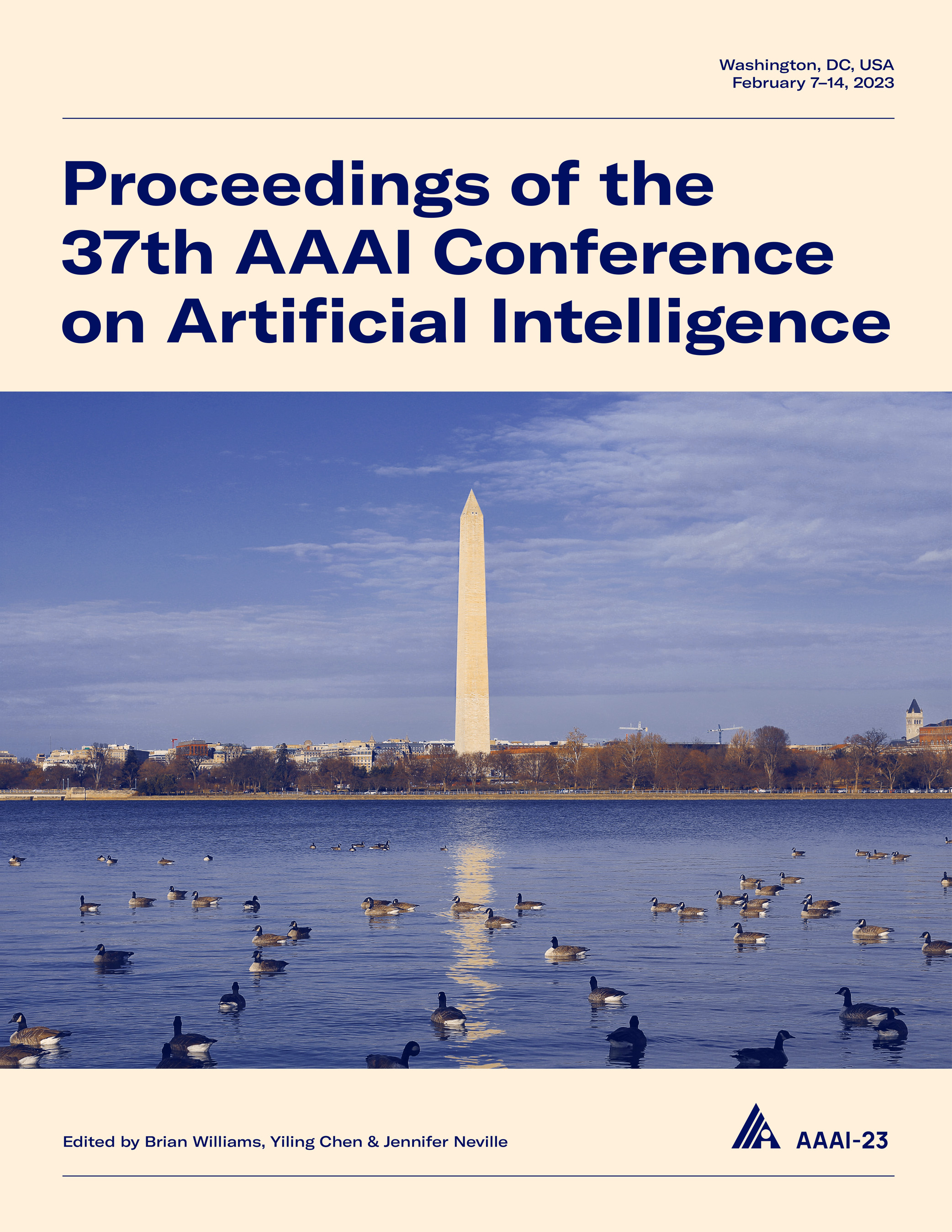Evaluating Digital Agriculture Recommendations with Causal Inference
Abstract
In contrast to the rapid digitalization of several industries, agriculture suffers from low adoption of smart farming tools. Even though recent advancements in AI-driven digital agriculture can offer high-performing predictive functionalities, they lack tangible quantitative evidence on their benefts to the farmers. Field experiments can derive such evidence, but are often costly, time consuming and hence limited in scope and scale of application. To this end, we propose an observational causal inference framework for the empirical evaluation of the impact of digital tools on target farm performance indicators (e.g., yield in this case). This way, we can increase farmers trust via enhancing the transparency of the digital agriculture market, and in turn accelerate the adoption of technologies that aim to secure farmer income resilience and global agricultural sustainability against a changing climate. As a case study, we designed and implemented a recommendation system for the optimal sowing time of cotton based on numerical weather predictions, which was used by a farmer cooperative during the growing season of 2021. We then leverage agricultural knowledge, collected yield data, and environmental information to develop a causal graph of the farm system. Using the back-door criterion, we identify the impact of sowing recommendations on the yield and subsequently estimate it using linear regression, matching, inverse propensity score weighting and meta-learners. The results revealed that a feld sown according to our recommendations exhibited a statistically signifcant yield increase that ranged from 12% to 17%, depending on the method. The effect estimates were robust, as indicated by the agreement among the estimation methods and four successful refutation tests. We argue that this approach can be implemented for decision support systems of other felds, extending their evaluation beyond a performance assessment of internal functionalities.
Download full text in pdf format
 Published as:
Published as:
I. Tsoumas,
G. Giannarakis,
V. Sitokonstantinou,
A. Koukos,
D. Loka,
N. Bartsotas,
C. Kontoes,
I.N. Athanasiadis,
Evaluating Digital Agriculture Recommendations with Causal Inference,
Proceedings of the AAAI Conference on Artificial Intelligence, vol. 37, pg. 14514-14522,
2023, doi:10.1609/aaai.v37i12.26697.
You might also enjoy (View all publications)
- Domain adaptation with transfer learning for pasture digital twins
- Causality and Explainability for Trustworthy Integrated Pest Management
- Breeding Programs Optimization with Reinforcement Learning
